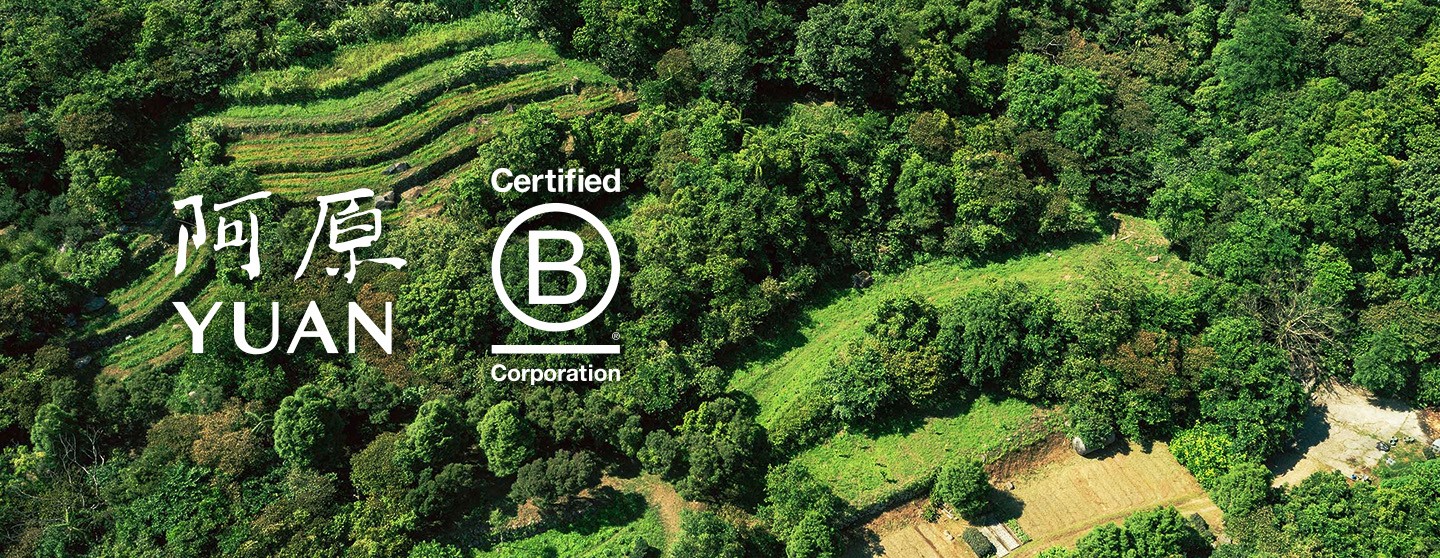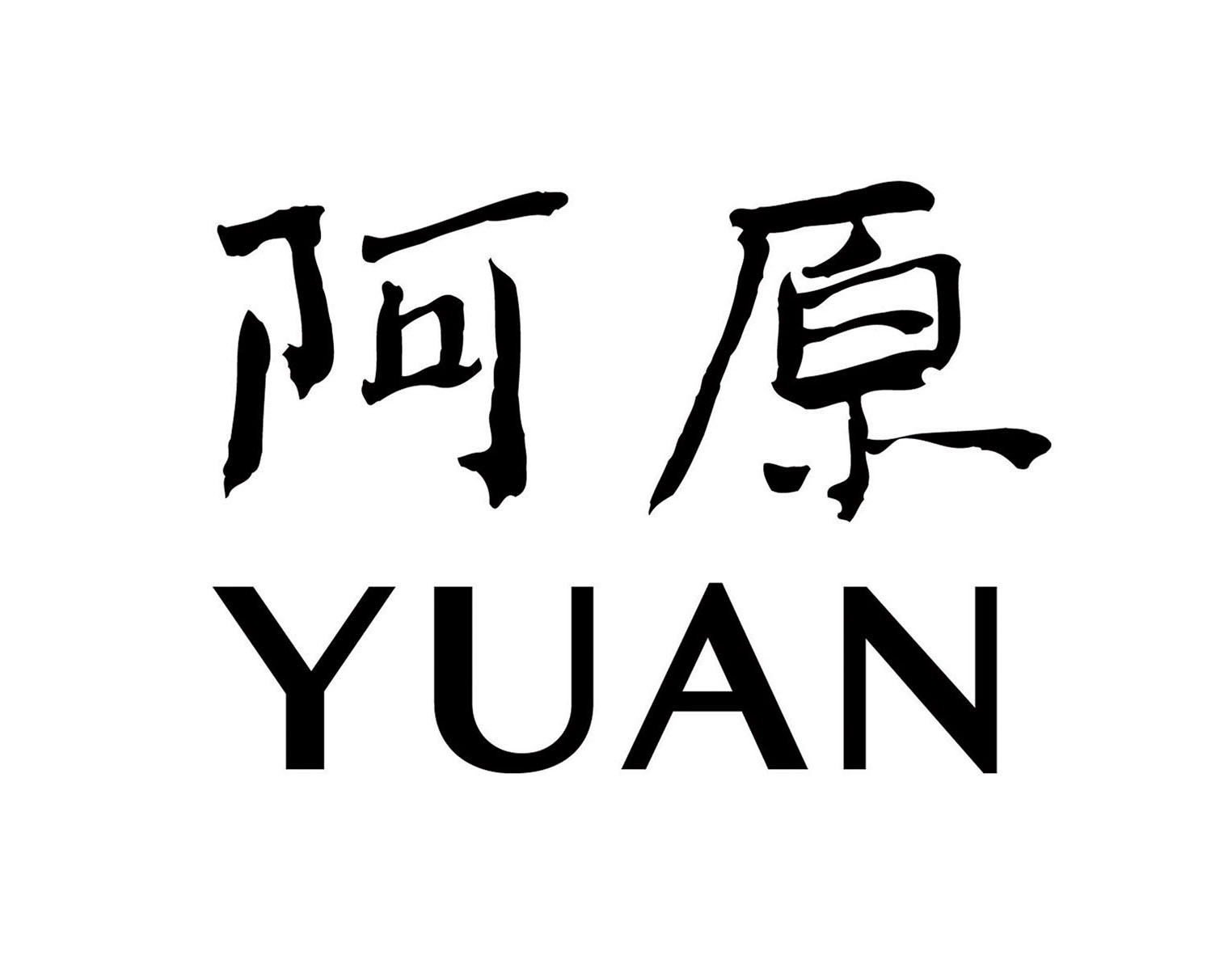

Yuan Workshop Company Ltd.

Taipei, Taiwan
April 2023
Cleaning products
Manufacturing
China,
Hong Kong S.A.R.,
Japan,
Malaysia,
Singapore,
Taiwan,
Thailand,
Vietnam
YUAN Workshop was founded in 2005. Derived from Oriental healthy concept, we use Taiwan local grown herbs as main ingredients to balance body nourishing and environmental preservation. YUAN revitalizes the “workforce aesthetics” to preserve the ancient wisdom and craftsmanship which last for centuries. Started from a humble handmade soap bar, and blessed by the natural ingredients grown organically in Taiwan, we are trying to recruit consumers who are eco-conscious, those who rejecting chemical ingredients. Those who are looking for products that made by sustainable sourced of ingredients, without damaging own skin and harming the environment. In 2020, Yuan Farm which is located in Yangmingshan won the “Green Conservation Product Certificate” certified by Mercy Organic Agriculture Development Foundation; In April of this year (2022), the herbal plants planted in Yuan Farm also won the "Organic Agricultural Product Verification Certificate".
Overall B Impact Score
Governance 7.6
Governance evaluates a company's overall mission, engagement around its social/environmental impact, ethics, and transparency. This section also evaluates the ability of a company to protect their mission and formally consider stakeholders in decision making through their corporate structure (e.g. benefit corporation) or corporate governing documents.
What is this? A company with an Impact Business Model is intentionally designed to create a specific positive outcome for one of its stakeholders - such as workers, community, environment, or customers.
Workers 35.3
Workers evaluates a company’s contributions to its employees’ financial security, health & safety, wellness, career development, and engagement & satisfaction. In addition, this section recognizes business models designed to benefit workers, such as companies that are at least 40% owned by non-executive employees and those that have workforce development programs to support individuals with barriers to employment.
What is this? A company with an Impact Business Model is intentionally designed to create a specific positive outcome for one of its stakeholders - such as workers, community, environment, or customers.
Community 26.5
Community evaluates a company’s engagement with and impact on the communities in which it operates, hires from, and sources from. Topics include diversity, equity & inclusion, economic impact, civic engagement, charitable giving, and supply chain management. In addition, this section recognizes business models that are designed to address specific community-oriented problems, such as poverty alleviation through fair trade sourcing or distribution via microenterprises, producer cooperative models, locally focused economic development, and formal charitable giving commitments.
What is this? A company with an Impact Business Model is intentionally designed to create a specific positive outcome for one of its stakeholders - such as workers, community, environment, or customers.
Environment 19.0
Environment evaluates a company’s overall environmental management practices as well as its impact on the air, climate, water, land, and biodiversity. This includes the direct impact of a company’s operations and, when applicable its supply chain and distribution channels. This section also recognizes companies with environmentally innovative production processes and those that sell products or services that have a positive environmental impact. Some examples might include products and services that create renewable energy, reduce consumption or waste, conserve land or wildlife, provide less toxic alternatives to the market, or educate people about environmental problems.
Customers 3.8
Customers evaluates a company’s stewardship of its customers through the quality of its products and services, ethical marketing, data privacy and security, and feedback channels. In addition, this section recognizes products or services that are designed to address a particular social problem for or through its customers, such as health or educational products, arts & media products, serving underserved customers/clients, and services that improve the social impact of other businesses or organizations.